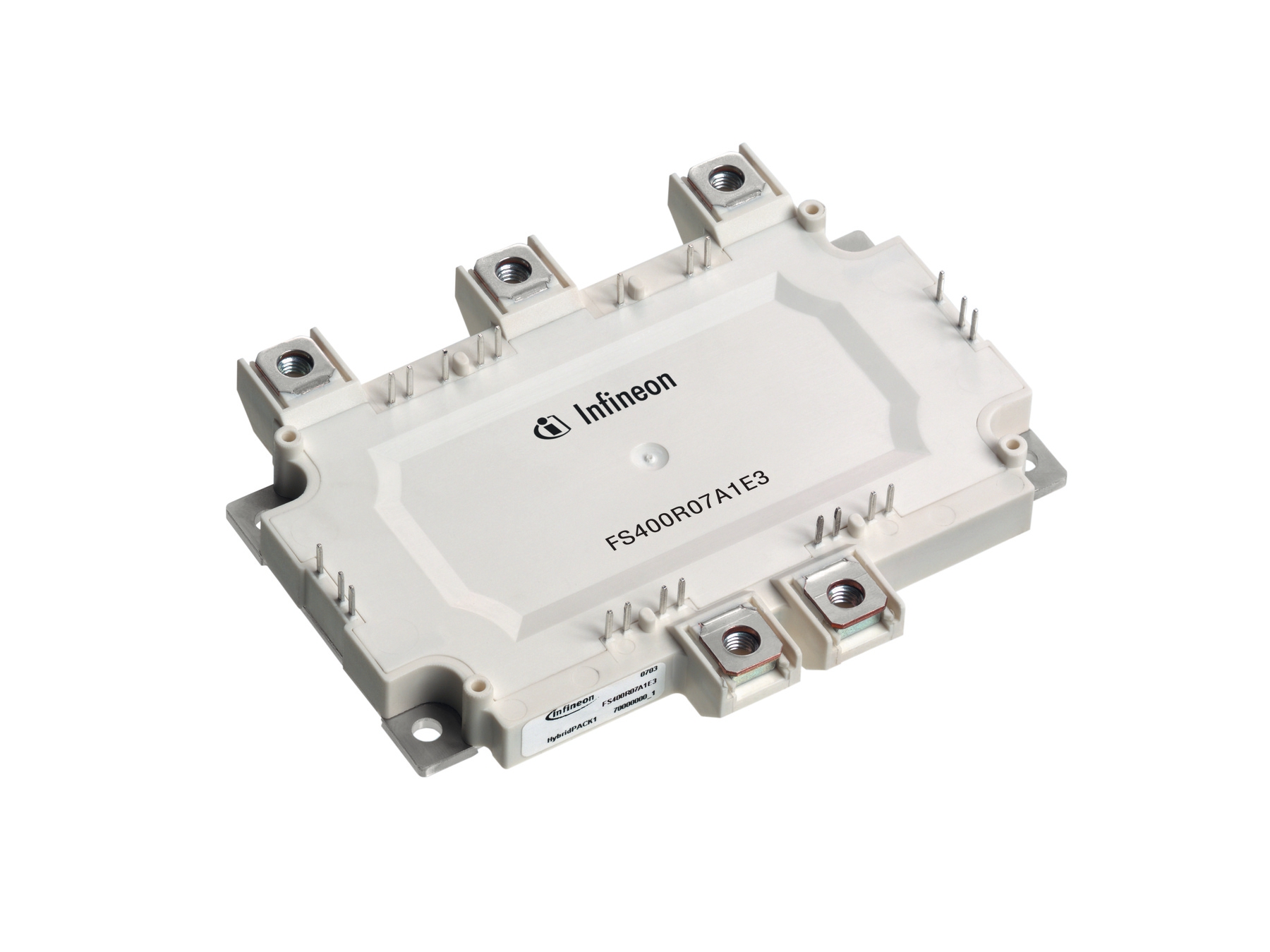
In the realm of power electronics, IGBT modules stand out as indispensable components that play a significant role in various applications, from industrial machinery to renewable energy systems. The versatility of IGBT modules lies in their ability to combine the high switching speed of MOSFETs with the high voltage capacity of bipolar transistors, creating a powerhouse of efficiency and reliability. By harnessing the power of these modules, engineers and manufacturers can unlock new possibilities for enhancing performance and optimizing energy usage in their designs.
Advantages of IGBT Modules
IGBT modules offer enhanced power handling capabilities, enabling efficient control of high power levels. This makes them ideal for a wide range of applications where robust performance is crucial. With their ability to handle large currents and voltages, IGBT modules provide a reliable solution for demanding power electronics systems.
One key advantage of IGBT modules is their compact size and lightweight design. This allows for easy integration into various electronic systems without occupying excessive space. The compact nature of these modules also contributes to improved thermal management, ensuring optimal performance even in challenging operating conditions.
Another notable advantage of IGBT modules is their high efficiency, resulting in lower energy losses during operation. This energy efficiency not only reduces operating costs but also minimizes heat generation, prolonging the lifespan of the components. Overall, the efficiency of IGBT modules plays a crucial role in enhancing the performance and reliability of power electronics systems.
Applications of IGBT Modules
In the realm of renewable energy systems, IGBT modules play a crucial role in solar inverters. These modules are fundamental in converting direct current (DC) produced by solar panels into alternating current (AC) suitable for powering homes and businesses. Their ability to efficiently regulate and control high voltages make IGBT modules indispensable for maximizing energy conversion in solar power applications.
IGBT modules are extensively utilized in electric vehicles (EVs) for their capacity to manage high current levels effectively. By controlling the power flow between the battery and the motor, these modules enable smooth acceleration and deceleration, contributing to the overall performance and efficiency of EVs. This application showcases the versatility of IGBT modules in supporting the transition towards sustainable transportation solutions.
Furthermore, industrial motor drives heavily rely on IGBT modules to regulate the speed and torque of electric motors in various manufacturing processes. By enabling precise control over motor operation, these modules enhance the productivity and energy efficiency of industrial machinery. The widespread use of IGBT modules in motor drives underscores their significance in optimizing operational processes across different industrial sectors.
Future Developments
Innovations in IGBT module technology are continuously evolving, paving the way for enhanced power efficiency and performance. One significant area of development includes the miniaturization of IGBT modules, allowing for more compact designs without compromising power output. As industries demand smaller, more efficient solutions, advancements in packaging and cooling technologies are expected to play a key role in shaping the future of IGBT modules.
Another promising development on the horizon is the integration of smart features within IGBT modules. By incorporating intelligent monitoring and control capabilities, these modules can optimize power usage, increase reliability, and enable predictive maintenance. With the rise of Industry 4.0 and the Internet of Things (IoT), smart IGBT modules are poised to revolutionize how power systems are managed and operated in various applications.
Looking ahead, research and development efforts are focused on pushing the limits of IGBT module performance. From higher voltage ratings to lower switching losses, the quest for greater efficiency and power density drives innovation in the field. As engineers and manufacturers continue to explore new materials, designs, and configurations, the future of IGBT modules holds promise for more sustainable and effective power conversion solutions.